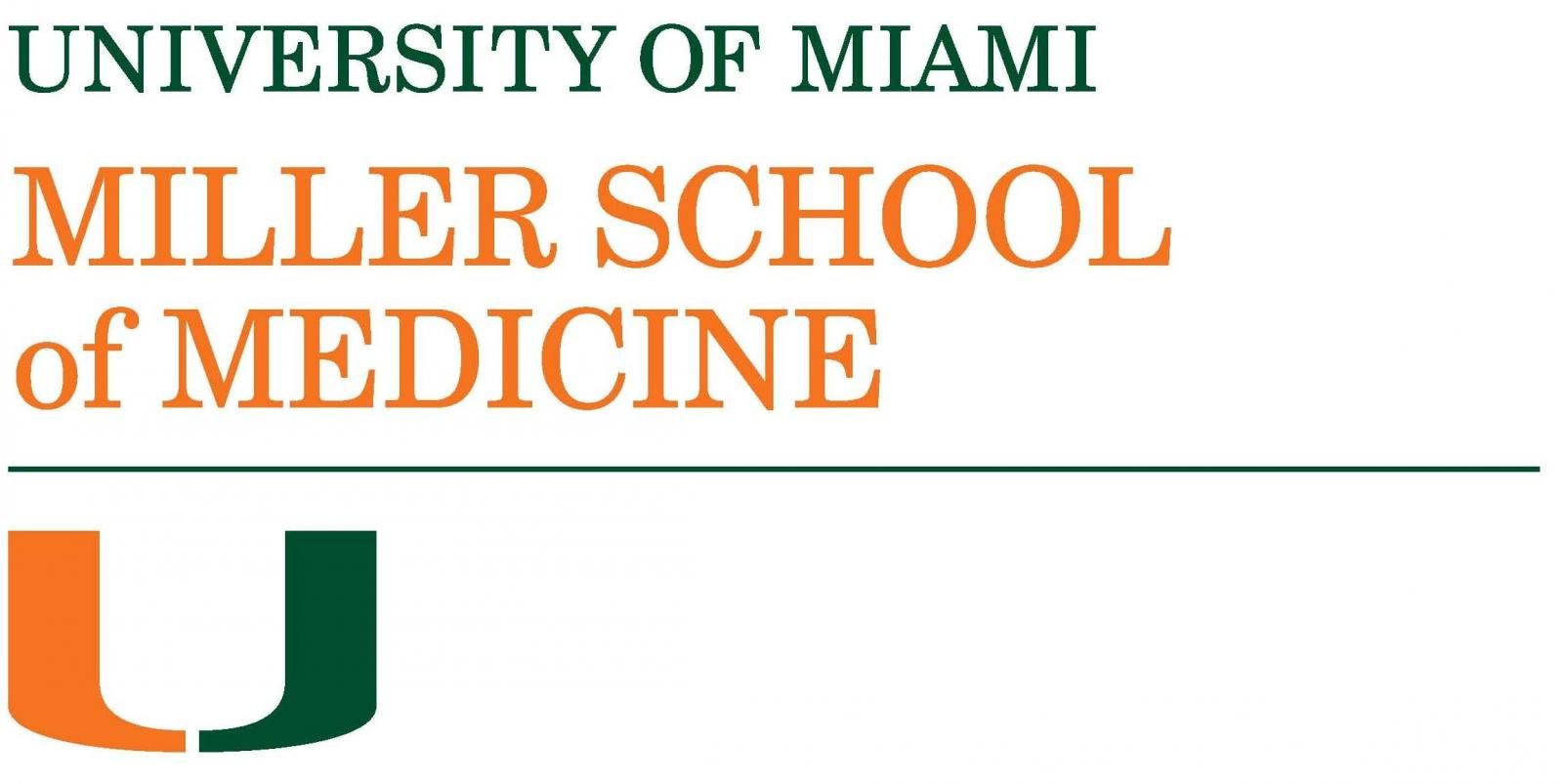
The Practical Impact of Seizure Rescue Medication in the Landscape of Epilepsy Care: Kamil Detyniecki, MD

The associate professor of clinical neurology at University of Miami Miller School of Medicine discussed the implications of findings from a recent post hoc analysis on midazolam and the need for inclusive research in assessing the efficacy of seizure rescue treatments. [WATCH TIME: 3 minutes]
WATCH TIME: 3 minutes
"As we look at the future of seizure rescue treatments, there's many promising areas of potential research. In one key area is population-based studies, which aim to look at the efficiency or efficacy of seizure rescue treatments across different subpopulations and of patients that have not been studied in the previous trials.”
Epilepsy, a common pediatric neurological condition, affects approximately 470,000 pediatric patients in the United States alone and has a prevalence of 0.9% in the global population of approximately 2.6 billion pediatric patients.1 According to recent research, the condition is often associated with disruptions in several areas of a patient’s life, including medical burden, quality of life, cognitive outcomes, and higher risk of mortality. In addition, some pediatric patients may experience seizure clusters (SCs), which are intermittent increases in seizure activity that are different from the patient's usual seizure pattern and may occur regardless of daily antiseizure medication.
A new
Lead author Kamil Detyniecki, MD, associate professor of clinical neurology at
REFERENCES
1. Wheless JW, Gidal B, Rabinowicz AL, Carrazana E. Practical Questions About Rescue Medications for Acute Treatment of Seizure Clusters in Children and Adolescents with Epilepsy in the USA: Expanding Treatment Options to Address Unmet Needs. Paediatr Drugs. 2023;10.1007/s40272-023-00601-x. doi:10.1007/s40272-023-00601-x
2. Detyniecki K, Brunnert M, Campos R, Dimova S, Wheless JW. Return to full baseline functionality after repeated intermittent use of midazolam nasal spray in patients with seizure clusters: post hoc analysis of an open-label extension trial. Epilepsy Behav. 2023;148:109435. doi:10.1016/j.yebeh.2023.109483
Newsletter
Keep your finger on the pulse of neurology—subscribe to NeurologyLive for expert interviews, new data, and breakthrough treatment updates.










